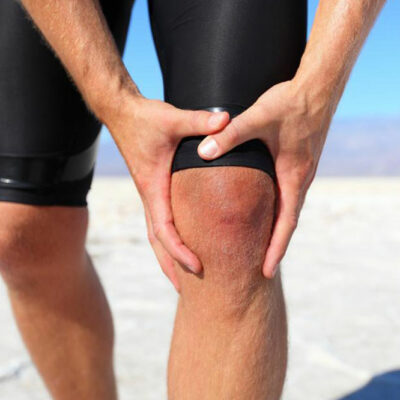
Common Risk Factors for Deep Vein Thrombosis
Deep vein thrombosis (DVT) affects a person when a blood clot is formed in one of the deep veins of the body. If not checked, it can be carried to other parts of the body via the bloodstreams. Here are certain common risk factors for DVT that might increase the chances of having the condition. DVT. Family history The chances of DVT increase in those who already have the issue in their family. So, if someone in a person’s family has had DVT, it is likely that the person will suffer from it too. The risk of getting DVT increases even more if the parent or sibling had DVT. If a person’s both parents were diagnosed, then they have a chance of getting DVT too. Recent surgery Post-surgery is the time when a person is most vulnerable to getting DVT especially if they have undergone a knee, hip, or prostate surgery. Now, various factors can contribute to this condition. The entrance of tissue debris in the blood, sluggish blood flow arising out of bed rest, and fat leading to increased blood clotting are a few reasons that may lead to DVT. It can also be caused by surgical trauma, which may damage the veins.
Read More 










